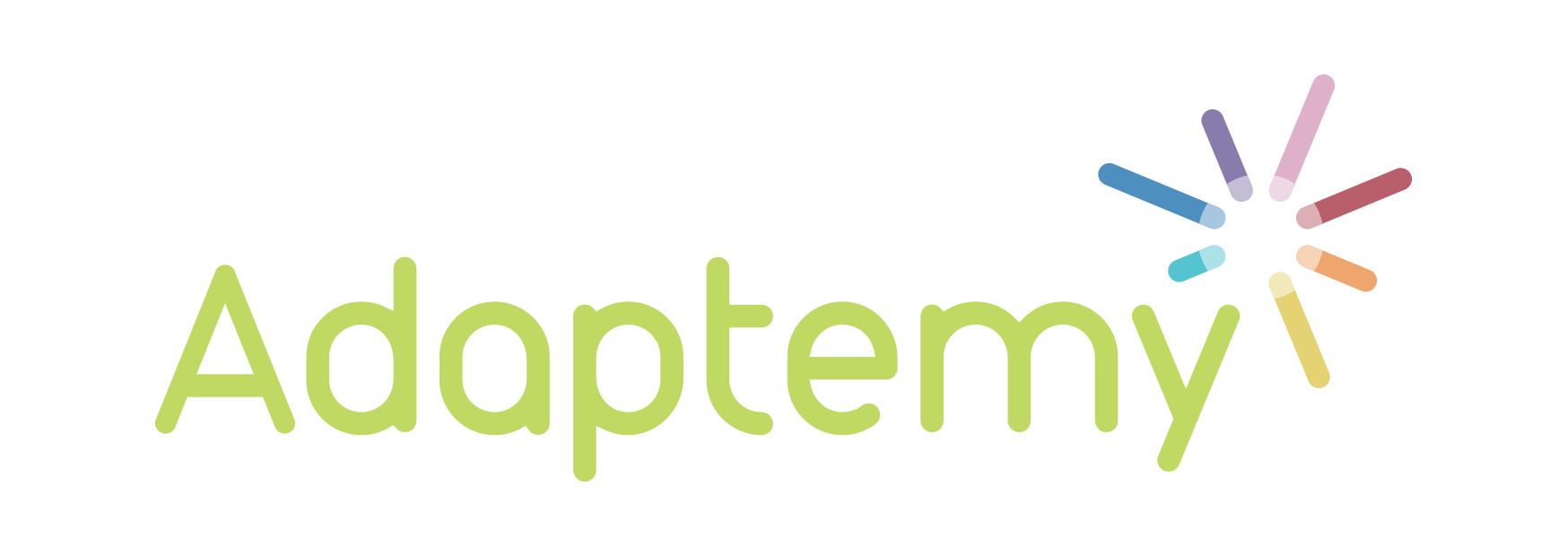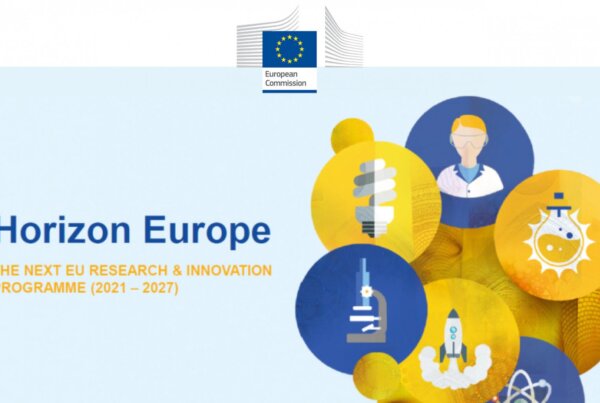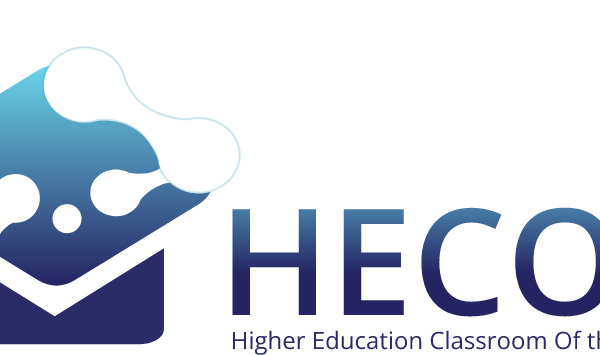
Lynch, T., & Ghergulescu, I. (2017). Review Of Virtual Labs As The Emerging Technologies For Teaching Stem Subjects (pp. 6082–6091). Presented at the International Technology, Education and Development Conference, Valencia, Spain.
https://library.iated.org/view/LYNCH2017REV
Abstract
Laboratory experience is a key factor in technical and scientific education, but traditional laboratories are costly to maintain, limiting possibilities for practical exercises. Virtual laboratories have been proposed to reduce cost and simplify maintenance of lab facilities, while offering students a safe environment to build up experience and enthusiasm for STEM (Science, Technologies, Engineering and Maths) subjects without geographical limitations. Virtual labs enable students to participate and interact in inquiry-based classes where they can implement and analyse their own experiments, learn by using virtual objects and apparatus. Utilising virtual labs provides students with the chance to develop critical thinking, innovative and team working skills, all of which are highly valued in today’s job market. Numerous virtual labs have been developed by different organisations and large-scale international projects, and many of these are available as open source software. NEWTON project, as a part of European Union’s Horizon 2020 Research and Innovation programme, is currently developing virtual labs to revolutionise the way STEM subjects are taught throughout European schools and colleges. NEWTON draws from the expertise of 14 European academic and industry partners and incorporates virtual reality with gamification and augmented reality with personalised learning. NEWTON has a special emphasis on developing virtual labs that are tailored to the needs of disabled students, such as deaf students and those with upper-limb disabilities. Here, we give a review of current virtual labs and discuss how NEWTON can overcome the existing limitations.




